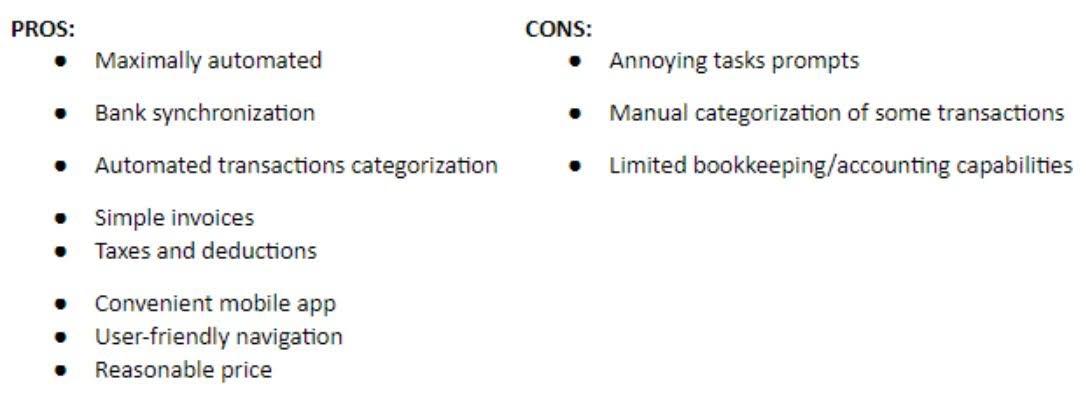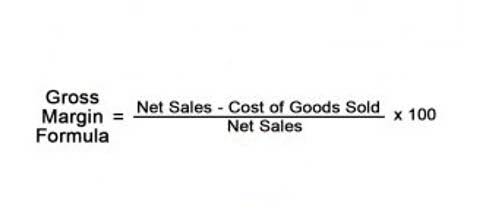11 Apr A beginners guide to small business bookkeeping

It serves as a road map to ensure you correctly record and report all necessary financial transactions are recorded and reported correctly. To set up a budget, gather your financial data, such as income statements, balance sheets, and cash flow statements. This will give you a clear picture of your business’s past financial performance and help you make realistic projections for the future. Generally speaking, bookkeepers help collect and organize data and may have certain certifications to do so for your business.
- A business entity can create more comprehensive bookkeeping system when it includes accounts for each area of financial transactions.
- Intercompany transactions must comply with the tax regulations especially when it involves transfer pricing regulations and profit allocation among different jurisdictions.
- Get free guides, articles, tools and calculators to help you navigate the financial side of your business with ease.
- By leveraging expert knowledge in retail accounting practices, you can focus on what you do best—serving your customers and growing your brand.
- Businesses should consider utilizing flexible budgets that can adapt to changes in activity levels, allowing for more accurate financial planning.
- From there, the total pay is determined with the applicable taxes and withholdings.
Know Your Operational Costs

Bench simplifies your small business accounting by combining intuitive software that automates the busywork with real, professional human support. However, it’s important to note that your bookkeeper won’t be the only person working on your business finances. So you’ll want to understand which tasks your bookkeeper is and isn’t responsible for handling. Small businesses often work with tax advisors to help prepare their tax returns, file them and make How to Meet Your Bookkeeping Needs sure they’re taking advantage of small-business tax deductions. Though you may not work regularly with a tax specialist year-round, you’ll want to connect with one sooner rather than later so you’re not rushed come tax time. Your reports will look different depending on which you decide to use.
- It’s ideal for enterprises with accrued business expenses—or expenditures entered into the bookkeeping system on the purchase date rather than the payment date.
- Understanding fixed, variable, and mixed costs allows managers to predict how costs will behave under different scenarios.
- The accounting period that a business entity chooses for its business becomes part of its bookkeeping system and is used to open and close the financial books.
- If they creep up too heavily, it can take much longer to correct them and prevent losses in the long term.
Which financial records should you keep?

By understanding cost behavior, managers can make strategic decisions about pricing, production levels, and cost control measures. Investing in professional accounting is not just about keeping the books; it’s about positioning your retail business for growth and success. By leveraging expert knowledge in retail accounting practices, you can focus on what you do best—serving your customers and growing your brand. Business accounting and reporting standards vary slightly from province to province, so it’s important that you find a bookkeeper that’s based in the same region where you’re operating your business.
- Financial accounts are grouped or categorized based on the nature of accounts or impact on the financial statements.
- Historical cost may factor in when you’re accounting for lump-sum purchases.
- Managerial accountants provide services related to the tracking, valuation, and depreciation of fixed assets.
- If you enjoy organization and numbers and have experience with bookkeeping, starting your own business offering this service might be a smart career choice.
- Moreover, financial data that can be consolidated on the cloud can streamline intercompany transactions and help businesses adapt to the competitive business landscape effectively.
Tips for Small Business Bookkeeping

Bookkeeping is the process of tracking income and expenses in your business. It lets you know how you’re doing with cash flow and how your business is doing overall. Staying on top of your bookkeeping is important so that you don’t have unexpected realizations Accounting Periods and Methods about account balances and expenses.

There are numerous types of outsourced bookkeeping services you can hire. Local bookkeepers, in-house bookkeepers, and freelance bookkeepers, to name just a few. You can even hire a virtual bookkeeper to do https://www.bookstime.com/blog/coronavirus-aid-relief all your bookkeeping and accounting tasks while being located anywhere in the world. A bookkeeping course can teach you the basic knowledge you’ll need to prepare financial reports, organize data using tools like Microsoft Excel, or understand how to balance books.

How to do bookkeeping for small businesses: A step-by-step guide
We suggest turning reconciliation into a habit and doing it at least monthly to prevent the work from piling up and becoming overwhelming. Any purchases you make or money you spend on the operation of your business (toward things like supplies, utilities, or advertising) goes under expenses. If you’re unfamiliar with tax codes, doing your own bookkeeping may be challenging. If you have in-depth tax and finance knowledge beyond the bookkeeping basics, you may be able to get the job done. Trying to juggle too many things at once only works to put your organisation in danger.



Sorry, the comment form is closed at this time.